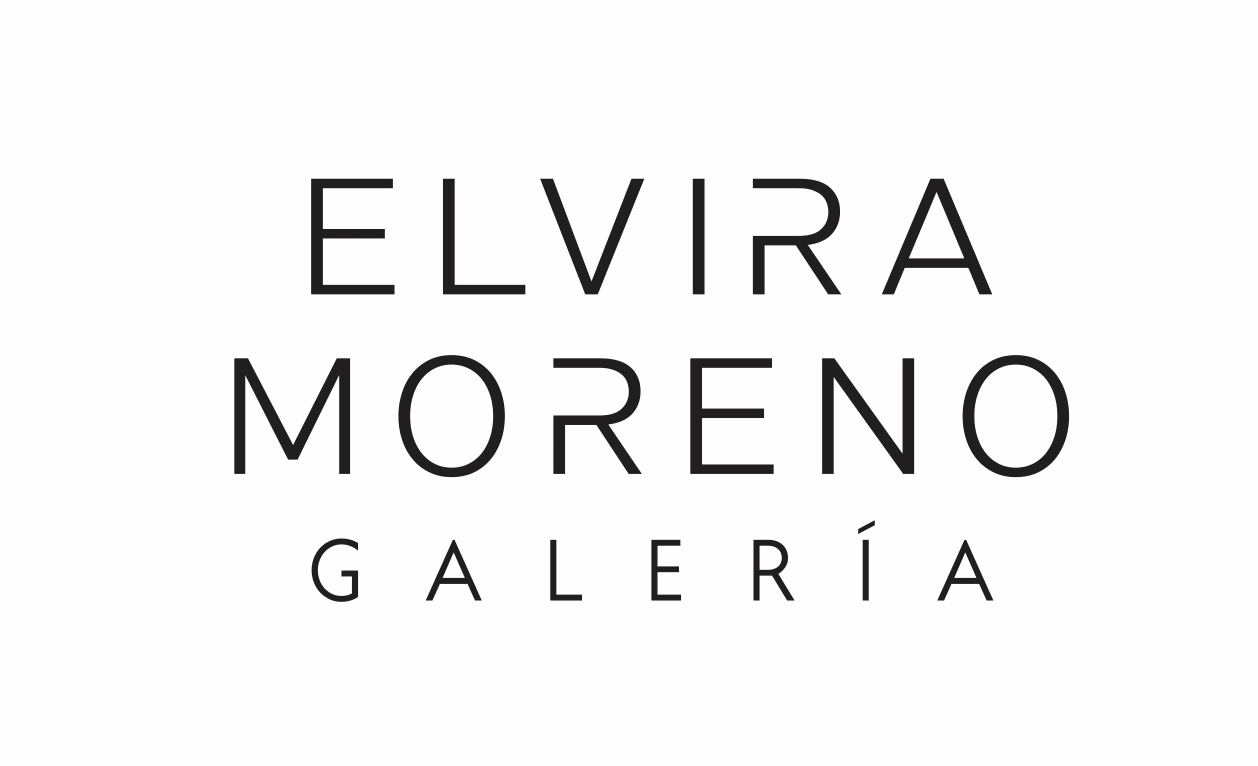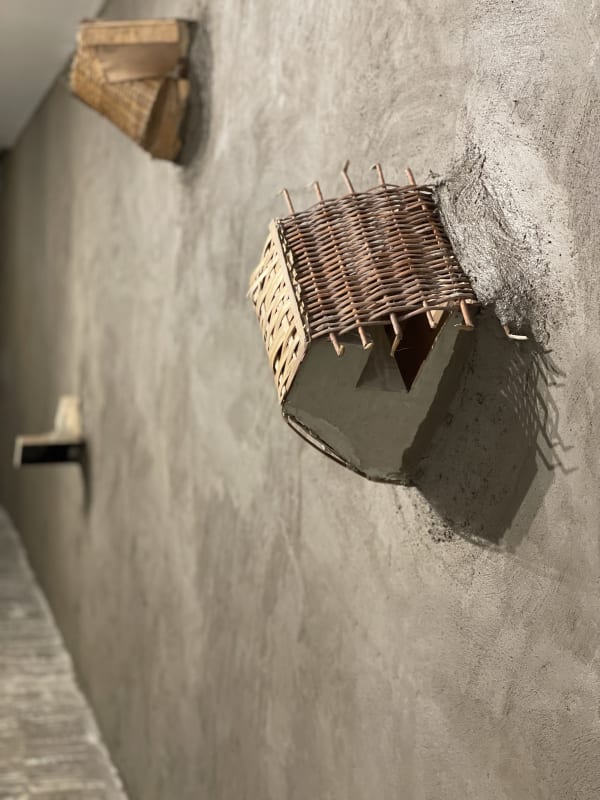In 1516, the English humanist Sir Thomas More published a book called Utopia. He ironically compared the social and economic conditions of Europe at the time with those of an ideal society on an imaginary island off the coast of the Americas. The insular condition was an essential part of its concept and narratively manifested it through an isolated geography due to its topographical characteristics. In his foreboding writing, More wanted to imply that perfect conditions on his fictional island could never really exist, so he named it Utopia, a name he created by combining the Greek words ou (meaning "not") and topos (meaning "no"). means "place"). Federico Ovalles (1972), a Venezuelan artist based in Colombia for six years and with a creative background of almost three decades, has sublimated himself to the task of creating a manifesto that reveals the reality of his own environment where the material becomes a day to day intangible and dispossession an oppressive and inevitable adjective. And so, each of his works is both a prologue and epilogue to a story with utopian yearnings whose language is based on the Lavoisieran idea in which matter is not created or destroyed, it is only transformed, and in the case of Ovalles, in sublime, -word that should be the creative canon of every artist- extraordinary and prodigious messages.
There are many series present in this exhibition, in his series "Surface Matter" the use of materials such as cement ennoble his work, and his humble support, raw jute recovered from the coffee fields in Colombia, invites reflection, and, At the same time that they express their gratitude, they demand solidarity in the face of the conditions of dispossession that forced emigration entails. His series "Substrates" are abstractions created with an "expressionist" energy where abandoned wood and rediscovered materials as creative material, reveal in Ovalles' hands vestiges of a dystopian urban topography that inevitably leads us to meditate on the use of these materials. in the precarious marginal constructions. Cement, used as an element to consolidate the collages created, reaffirms its noble condition and re-materializes the discarded object and goes from 'not existing' as urban waste, to existing as an extraordinary work of art with a strong social message.
The hackneyed and already centennial “readymade” does not exist in their language; the “found object” deprived of its original purpose ceases to be such and becomes lighter when Ovalles empowers it by investing it in a pure, gestalt, spontaneous abstraction, antithesis to the traditional constructive geometric abstraction. Ironically, in his work coexist: proposal, protest, disagreement, anger and the fragile sublimation of a visual poetry that oscillates between the tangible and the ephemeral. In one way or another, the work of Federico Ovalles is without a doubt a heraldic historical manifesto of a 21st century willing to accept his creative force as one of the most relevant in contemporary art today.
UTOPÍAS DE LO INMATERIAL: Galería Elvira Moreno, Bogotá
Past exhibition



